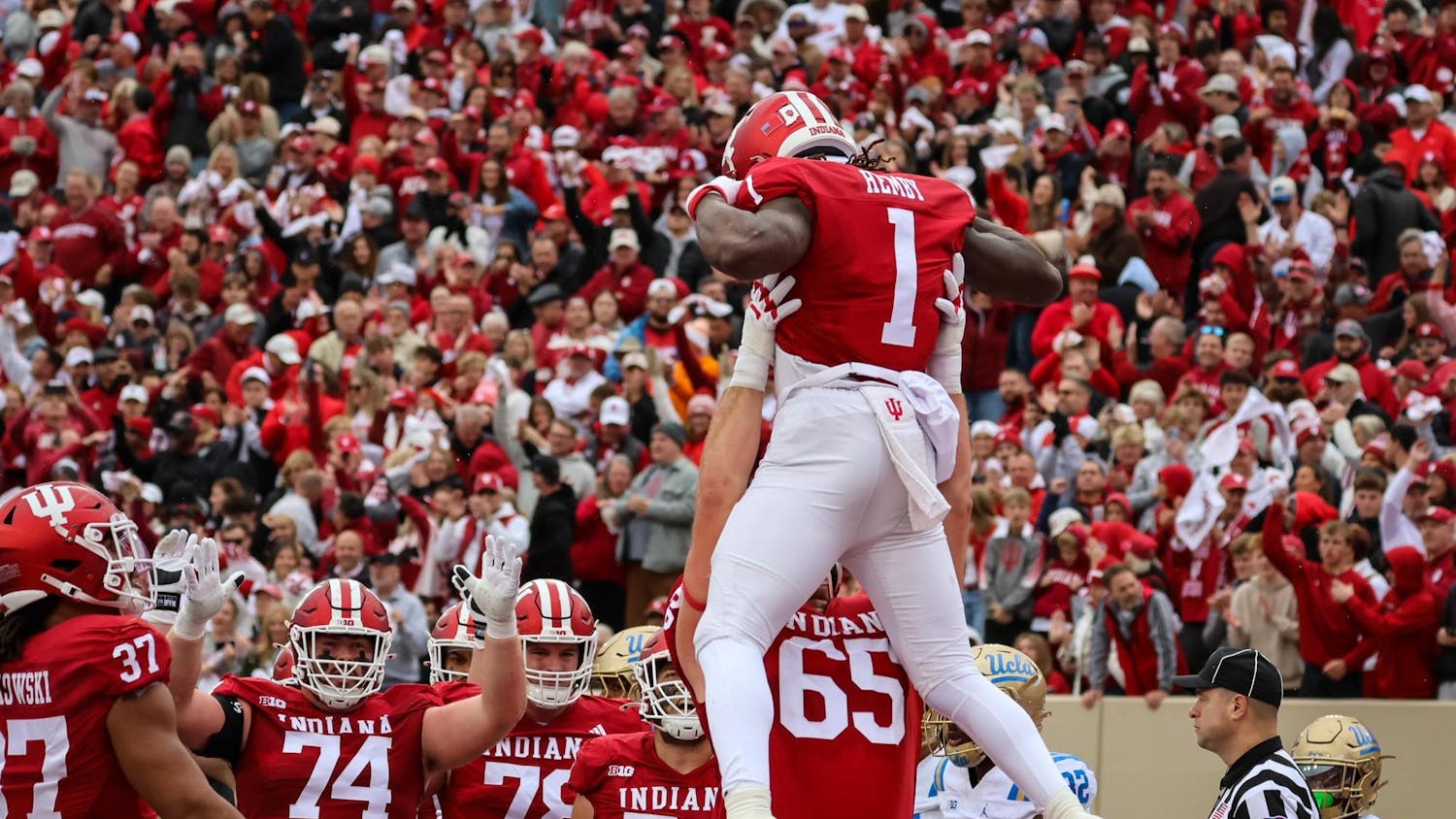Political science professors are divided as to the meaning of Secretary of Defense Donald Rumsfeld's surprise resignation Wednesday, though they are pleased President George W. Bush nominated an IU alumnus to replace him.\nBush nominated Robert Gates, former director of the Central Intelligence Agency and current president of Texas A&M University to replace Rumsfeld.\nGates, who has a Ph.D. in Russian and Soviet history from Georgetown University, received his master's in history from IU in 1966.\nIU professor emeritus of history Charles Jelavich recalled having Gates in class.\n"He took three midterms and a final, and he was an 'A' student," Jelavich said. "He was a first-rate student."\nBush announced Rumsfeld was stepping down just hours after Democrats won the majority of seats in the House in elections Tuesday. Democrats also won a majority of seats in the Senate, as candidate Jim Webb beat Republican Sen. George Allen by about 7,000 votes Wednesday, according to The Associated Press.\nPolitical science professor William Thompson said he believes Rumsfeld's resignation was several weeks in the works.\n"My guess is that the resignation was prepared ahead of the elections and probably would have happened regardless of the outcome," Thompson said in an e-mail. "Rumsfeld is a clear negative drag on Bush's approval ratings and Republican electoral chances in the next presidential election."\nLetting Rumsfeld resign before the elections might have sent the wrong message to voters that the president was about to change his "stay the course" policy in Iraq, Thompson said.\nOn the other hand, political science professor Sumit Ganguly said he believes the seats Democrats won in the midterm elections and possible investigations into the actions leading to the war in Iraq were deciding factors in Rumsfeld stepping down.\n"Certainly with Democrats in control of the House, there are going to be calls for investigations into Iraq," Ganguly said. "They would probably subject him to rough questioning on conditions in the Iraq war and conditions in the war on terror. ... I doubt that would go down very well with him." \nIn addition, Ganguly said Rumsfeld, 74, might have wanted to step down because of his age and the stress of the job.\nThompson said he thinks other shake-ups in the Bush administration are a possibility, especially involving Vice President Dick Cheney.\n"It would probably serve Bush politically to get rid of Cheney as well, but the Bush administration may not be willing to go that far, or at least not on the same day as Rumsfeld gets the ax," he said.\nGanguly, however, said he believes it is unlikely that Cheney, who has a history of heart problems, will step down unless a medical condition forces the issue.\nHe said it is much more likely that Cheney will attempt other routes to avoid congressional questioning about the Iraq war.\n"I think he's going to try to invoke every real or imagined constitutional provision so not to be flayed over the coals," Ganguly said.
IU alumnus nominated for Secretary of Defense
Bush wants Robert Gates to replace Rumsfeld
Get stories like this in your inbox
Subscribe





